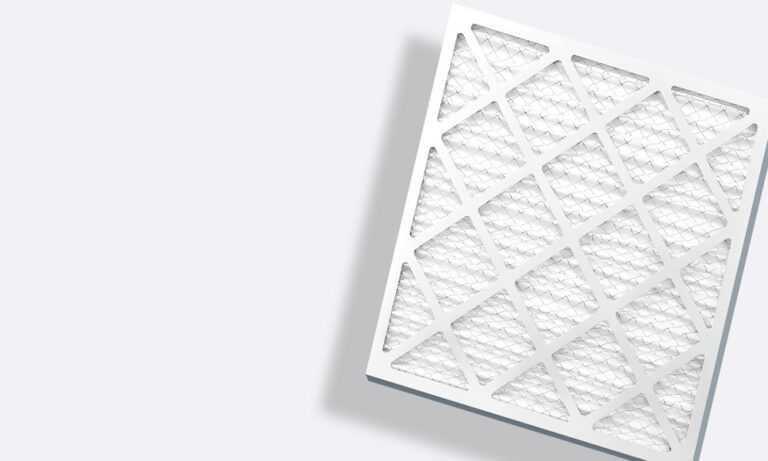Introduction
Keeping our indoor air clean and breathable is essential as we spend our maximum time inside our house. There is no substitute for the importance that excellent HVAC air filters play in maintaining the cleanliness and pleasantness of the air within a building.
These air filters get dirty and clogged over time due to capturing all the indoor air contaminants inside our house. So, we can’t ignore the importance of changing dirty air filters. While buying a new air filter, you have to consider many things, and the MERV rating of the filter is one of them. Let’s discover the role of MERV ratings in your home air filters.
What Does MERV Rating Mean?
The Minimum Efficiency Reporting Value (MERV) ratings of HVAC air filters are the measurement scale to determine the effectiveness of air filters in detail. This rating scale was first designed by the American Society of Heating, Refrigerating, and Air-conditioning Engineers in 1987. While buying an air filter, knowing the MERV ratings will help determine how capable the filter can capture airborne particles. The rating also indicates the ability of the air filters to eliminate air contaminants from your house.
The Role of Different Types of MERV Air Filters
There are different factors to consider when choosing an air filter for your system. Different air filters are suitable for different settings and filtering out different size air particles. The higher the MERV rating of an air filter is, the more efficiently it can capture more particles. We recommend choosing between air filters with MERV 8 and MERV 13 for residential settings. Let’s break down the roles of air filters with different MERV ratings.
MERV 6-8
Air filters with MERV 6-8 ratings are the cheapest and least efficient in capturing airborne particles. MERV 8 air filters are a prevalent type that can protect the HVAC system but are unsuitable for trapping large portions of air contaminants. If you want a filter to help you with recovering allergies or respiratory issues, you should buy a higher MERV air filter. However, consider purchasing a MERV 6 air filter at the most affordable price if there are no pets and allergic patients in your house.
MERV 8-10
Air filters with MERV 8-10 are the most common type for residential purposes. These filters are affordable, but they are most capable of capturing larger particles. You cannot expect these filters to capture smaller particles like dust mites, mold, pollen, mildew spores, etc. Allergy sufferers can use them if they want affordable air filters. Undoubtedly, air year filters will help you improve your house’s air quality.
MERV 11-13
These air filters capture almost all the larger air pollutants. There will be an effective solution for providing the best indoor air if you have pets and dander issues. MERV 13 air filters are best for residential and small commercial HVAC systems. Schools and smaller commercial settings commonly use MERV 13 HVAC filters. Higher than MERV 13 ratings in the air filters are not recommended for residential use.
MERV 14-Higher
These air filters are recommended for larger commercial spaces like hospitals, more prominent organizations, industrial settings, community centers, wedding halls, etc. Higher MERV filters are more extensive and designed to filter out microscopic particles efficiently.
Conclusion
You have to be more concerned about the right MERV ratings if anyone in your family suffers from allergies and has pets in your house. You can’t ignore the notable roles of changing dirty air filters and installing new ones to enjoy your better health and the health of your air-conditioning system. If you alone cannot choose the right MERV filter for your house, take help from a professional air filter supplier by Simply Filters to make a purchasing decision.



Comments are closed.